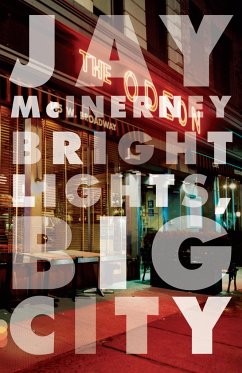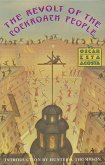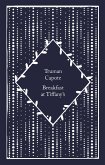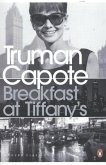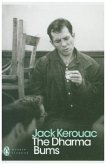With the publication of Bright Lights, Big City in 1984, Jay McInerney became a literary sensation, heralded as the voice of a generation. The novel follows a young man, living in Manhattan as if he owned it, through nightclubs, fashion shows, editorial offices, and loft parties as he attempts to outstrip mortality and the recurring approach of dawn. With nothing but goodwill, controlled substances, and wit to sustain him in this anti-quest, he runs until he reaches his reckoning point, where he is forced to acknowledge loss and, possibly, to rediscover his better instincts. This remarkable novel of youth and New York remains one of the most beloved, imitated, and iconic novels in America.
"Bright Lights, Big City is a brilliant and moving work unique, refreshing, imaginatively powerful and authentically conceived."
The New York Times
"Bright Lights, Big City defined, and even determined, the mood of this whole town."
Vanity Fair
"Short, sleek and very funny.... Beneath it's surface, though, a heart's cry for a saner, sweeter, more thoughtful and restrained existence."
Chicago Tribune
"Each generation needs its Manhattan novel, and many ache to write it. But it was McInerney who succeeded."
The New York Times Book Review
The New York Times
"Bright Lights, Big City defined, and even determined, the mood of this whole town."
Vanity Fair
"Short, sleek and very funny.... Beneath it's surface, though, a heart's cry for a saner, sweeter, more thoughtful and restrained existence."
Chicago Tribune
"Each generation needs its Manhattan novel, and many ache to write it. But it was McInerney who succeeded."
The New York Times Book Review

